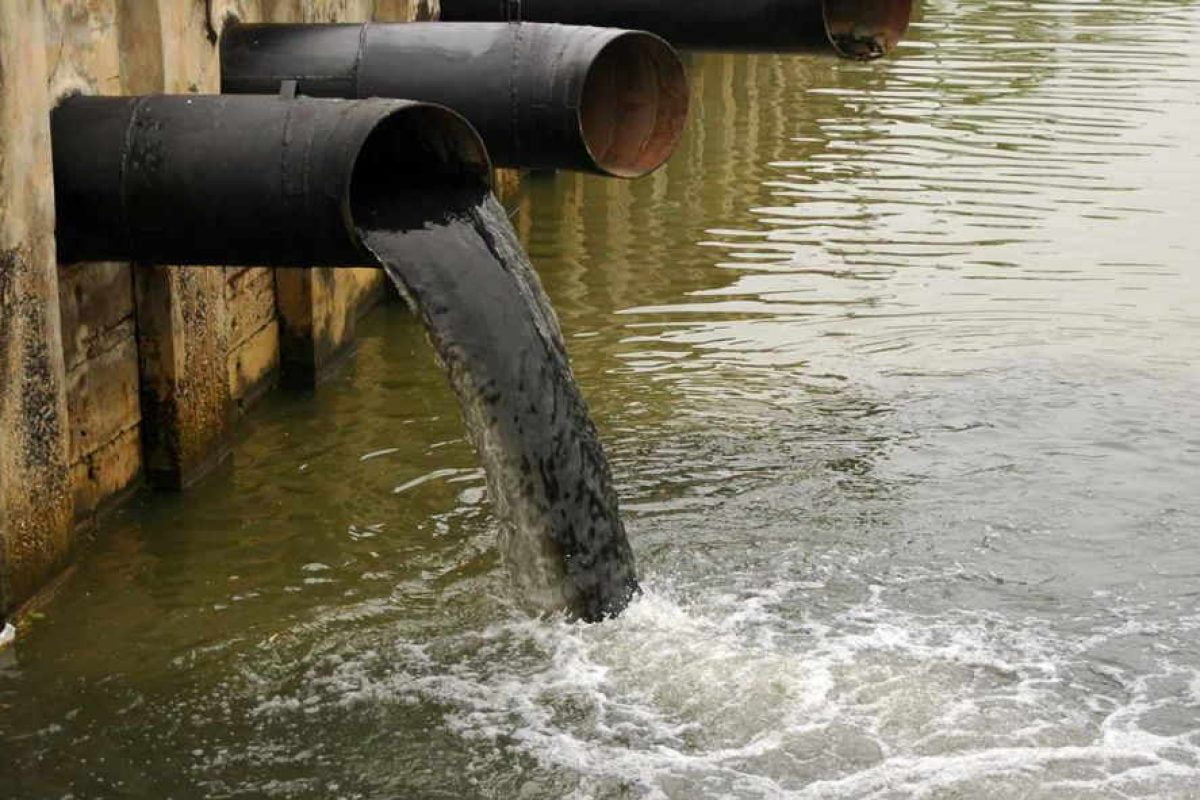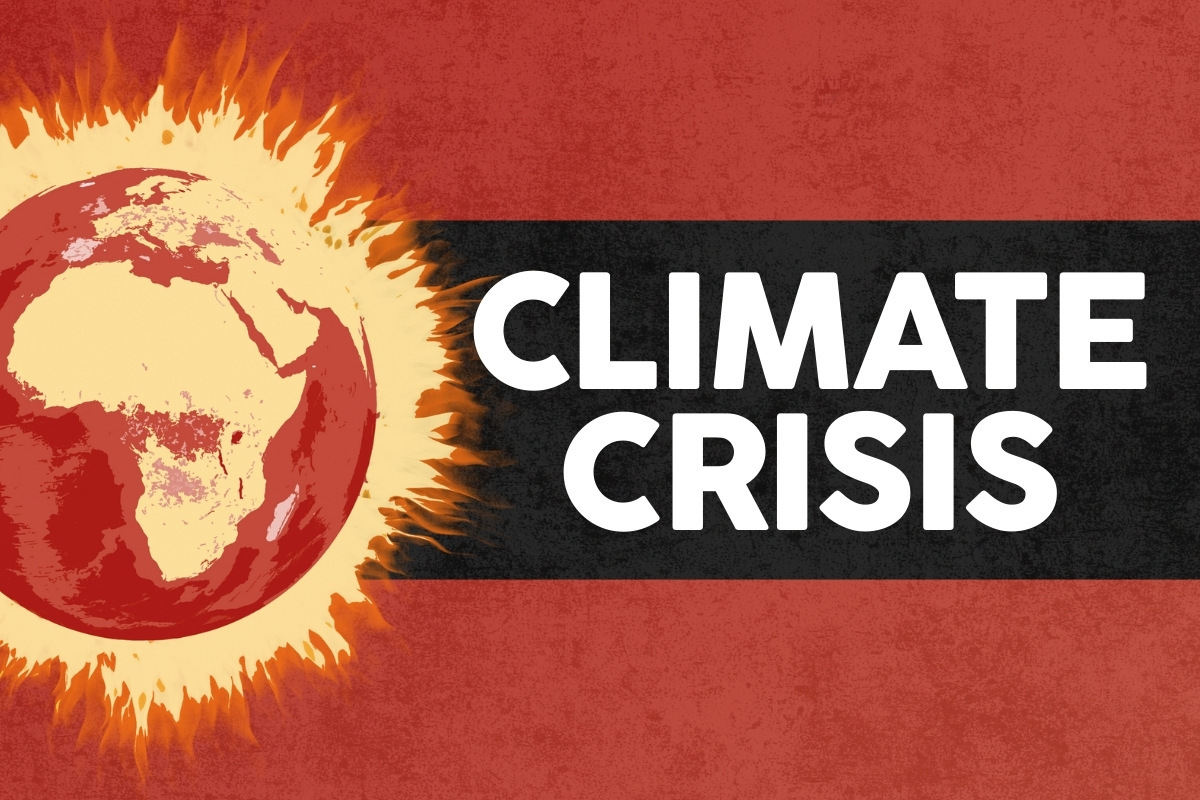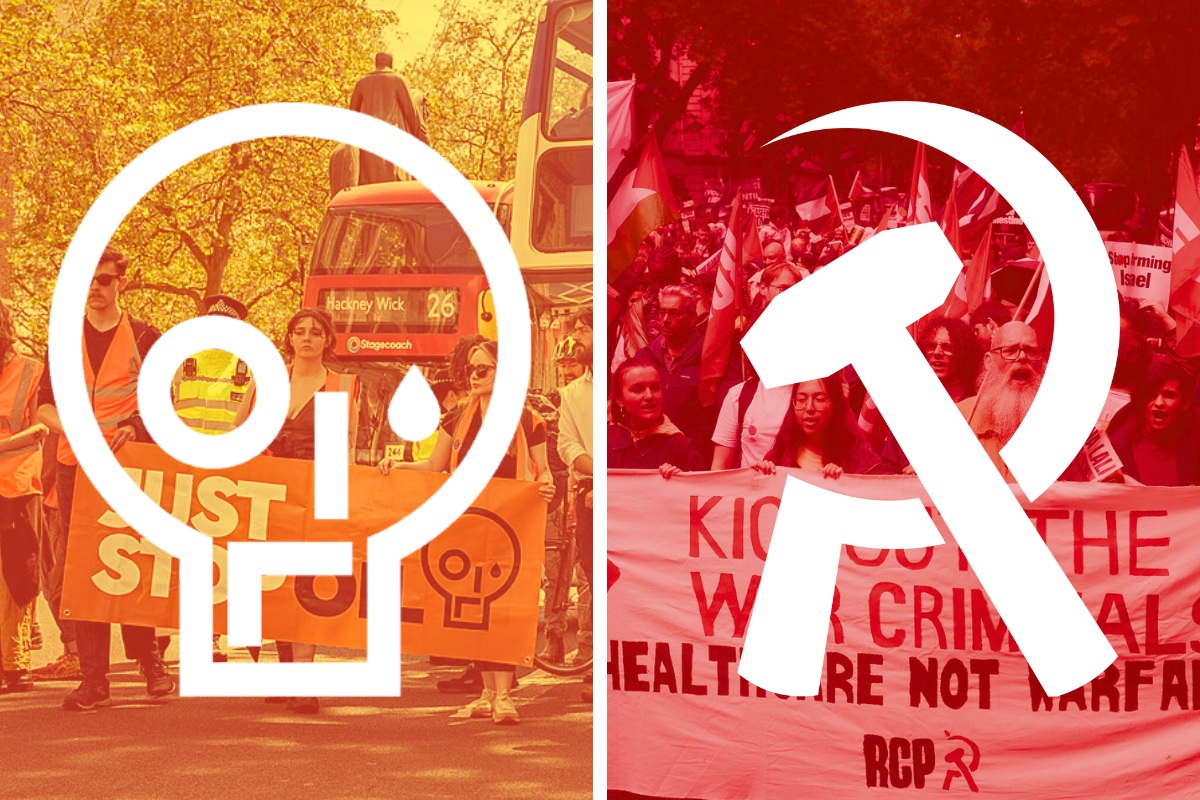On 1 July, the Guardian published an exposé revealing the destructive waste of the market economy. In 2019 alone, private water companies in England discharged raw sewage into rivers for more than 1.5 million hours. The worst offenders were Yorkshire Water (616,643 hours); Severn Trent Water (272,519 hours); and United Utilities (254,467 hours).
The report states that data was obtained “via environmental information requests”, providing information on “trace releases of sewage from storm drains in rivers across England by all nine water companies”, along with “a comprehensive picture of the scale of pollution from what critics say is the routine dumping of untreated sewage”.
Licence to pollute
Under European law, sewage must be treated before it is released into waterways. Discharges of this kind are permitted only under exceptional circumstances.
Guardian sources revealed that: “the industry had for years ignored warnings about the growing scale of spills from combined sewer overflows (CSOs) – storm pipes that allow rainwater, untreated sewage and runoff to discharge into waterways.”
The article itself tries its best to present an ‘impartial’ analysis, diverting blame away from capitalism. However, the data on its own stands as a clear indictment of the catastrophic results that privatisation and the profit system bring.
Companies were ‘told’ by government authorities to install monitoring devices by March 2020. Only 3,400 out of 10,000 inland outflows have monitoring installed.
“Yorkshire Water discharged untreated sewage from the 730 inland CSOs, which are monitored 22,906 times over 616,643 hours,” the Guardian journalists report. “Most of its 2,240 outflows into rivers are not fitted with monitors.”
Map shows where raw sewage was pumped into East Yorkshire rivers https://t.co/606LPIpSHH /Why is Yorkshire Water not being prosecuted?
— den b (@denb1B) July 4, 2020
As Ashley Smith of the campaign group Windrush against Sewage Pollution states in the article: the current setup is little more than a licence to pollute.
Liberal cynicism
This increasing pollution of our water supplies is yet another example of capitalism’s destruction of the environment. Elsewhere, the now infamous statistic that 100 major companies are responsible for 71% of global emissions still remains unchallenged.
But those reporting on these statistics in liberal papers like the Guardian – though providing important data and informative pieces – do nothing to explain the political content of capitalism’s destruction of the planet. Instead, they sow confusion with their cynical veneer of ‘impartiality’.
Indeed, in its reporting on the water pollution crisis, the Guardian quoted a spokesperson from Wessex Water, saying: “In an ideal world there would not be a combined sewerage system, but many sewers were laid at a time when only one drain served a property – carrying both rainwater and sewage.”
This ‘ideal world’ is entirely possible. Privatised water firms have paid £57 billion in dividends since 1991. The ‘ideal world’ that Wessex Water speaks of is one in which firms like Wessex Water do not exist as parasitic private companies, but where this £57 billion is invested into public infrastructure instead of lining up the pockets of shareholders.
Capitalism is killing the planet
 As you read this, the Antarctic is facing its first known heatwave, with a spike in temperatures seen since January. We are witnessing the slow destruction of our planet – of our very existence – in order to sustain the hefty profits of the oligarchs and bosses.
As you read this, the Antarctic is facing its first known heatwave, with a spike in temperatures seen since January. We are witnessing the slow destruction of our planet – of our very existence – in order to sustain the hefty profits of the oligarchs and bosses.
Capitalism, the so-called ‘best economic system devised by man’, cannot even begin to tackle the enormous contradictions that it has created.
All this must change. And it will change – but only through revolutionary struggle, for a world built for people and the planet, not profit.
Through a socialist planned economy, democratically run and owned by the workers themselves, we can strive for a future with a whole host of possibilities: one where society’s economic and natural resources are utilised to build a green and sustainable world.





